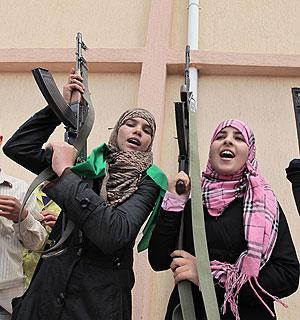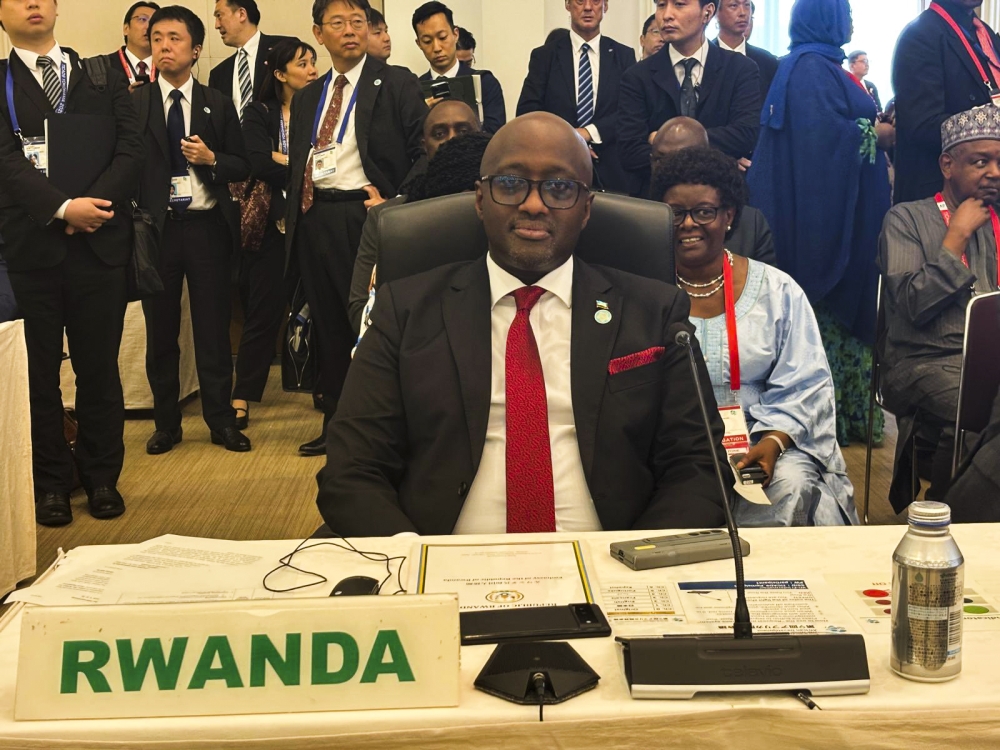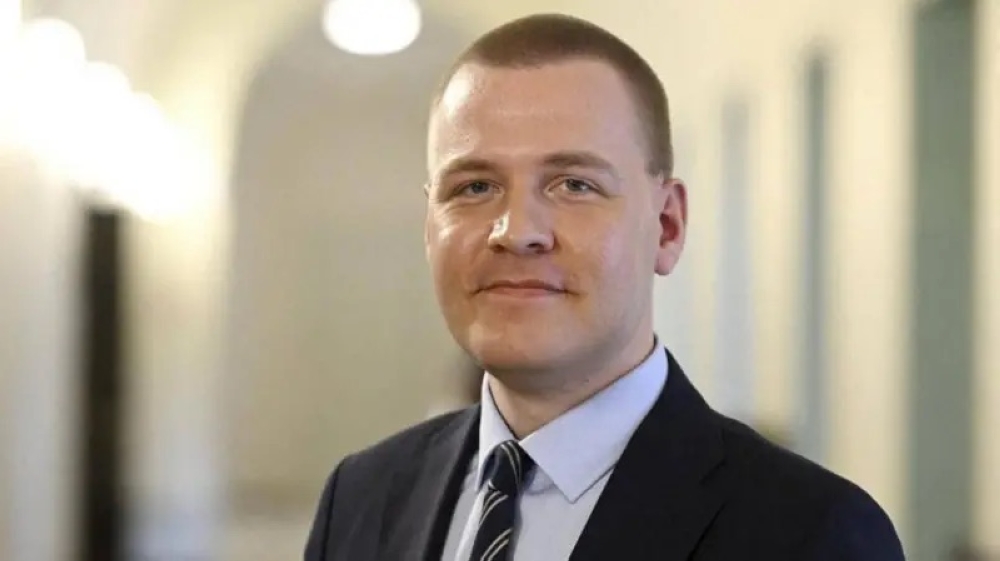The dramatic changes that have taken place across North Africa and the Middle East since the wave of pro-democracy movements began over a year ago continue to impact the region and the world.


The dramatic changes that have taken place across North Africa and the Middle East since the wave of pro-democracy movements began over a year ago continue to impact the region and the world.Although the political changes are yet to trickle to sub-Saharan Africa where the need for democracy and a change in the leadership styles is most wanted, the UN Security Council has still dubbed the events the most significant of the early 21st Century.Speculation is rife that one of the reasons that youth in sub-Saharan Africa did not follow the example of the Arab counterparts was because they have hope in a better future and had not reached the so-called end of the road.Initiatives that target the youth are legion in the region, with Rwanda’s vocational and technical training and Kenya’s "kazi kwa vijana” (jobs for youth) being mentioned as some the outstanding examples. "The Arab Spring as it has become known has deep implications for international peace and security. It is therefore right that it is debated by the Security Council,” stated William Hague, Secretary of State for Foreign and Commonwealth Affairs of the United Kingdom, who chaired the session. The popular uprisings that began last year resulted in the toppling of long-standing regimes in Tunisia, Egypt, Libya and Yemen and led to deadly fighting and humanitarian suffering in Syria that continues unabated. The weekend’s high-level meeting was, according to a press statement, organised by the UK, which holds the Council’s rotating presidency for March, and heard from all 15 members of the Council, many of them participating at the level of Foreign Minister, as well as Secretary-General Ban Ki-moon. Questions, however, still linger as to why the rest of Africa has been spared the sustained and focused uprising by the youth that saw three regimes in North Africa toppled; others make rapid adjustments in their human rights and the Middle East burn. Mr Hague added that the Arab Spring "raises the prospect of the greatest enlargement of human freedom since the end of the Cold War, and of a Middle East that in 20 years’ time could be made up of open, prosperous and stable societies.” The UK convened the meeting, he stated, for two reasons. First, to call for intensified international efforts to support political and economic freedom in the Middle East; while respecting the sovereignty of Arab nations. This includes meaningful assistance to Egypt, Tunisia, Yemen and Libya as they strive to make a success of their transitions. "And second, to call once again for urgent, essential Security Council action to stem the bloodshed in Syria,” he said.Thousands of people have been killed as a result of the Syrian Government’s ongoing crackdown against a pro-democracy uprising. Top UN officials have repeatedly called for an immediate end to the violence and humanitarian access to affected civilians. "In Syria, what started as a peaceful, popular call for long-denied democratic rights has turned into a dangerous spiral of violence leading both Syria and the region into uncertainty,” Mr. Ban said in his remarks to the meeting.Looking ahead regarding the wider Arab Spring, the Secretary-General highlighted several points to keep in mind, beginning with the need for leaders to choose the path of meaningful reform, or make way for those who will. "People do not want cosmetic changes that give only the merest taste of democracy. They want accountable governance and firm measures against corruption and cronyism,” he said. He also cited the need to promote pluralism and protect the rights of minorities, empower the women of the region, create opportunities for young people, and bring about regional peace. "A regional awakening based on the ideals of freedom, dignity and non-violence cannot be complete without a resolution of the Israeli-Palestinian conflict,” he stressed, reiterating his appeal to Israeli and Palestinian leaders to embrace regional changes and show the "courage and vision” needed to reach a historic agreement.




